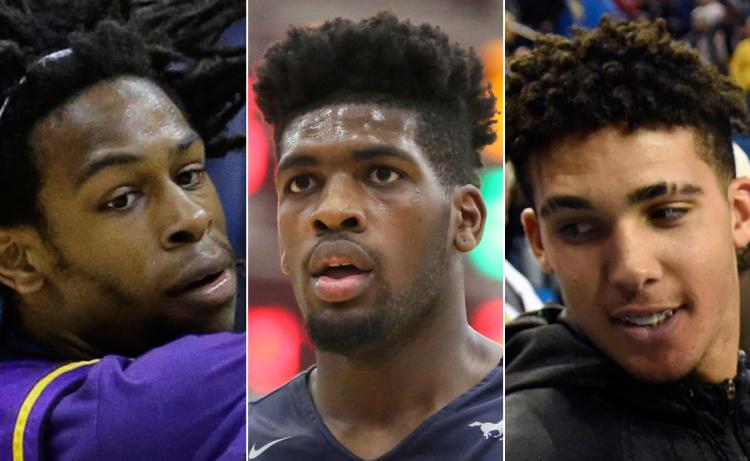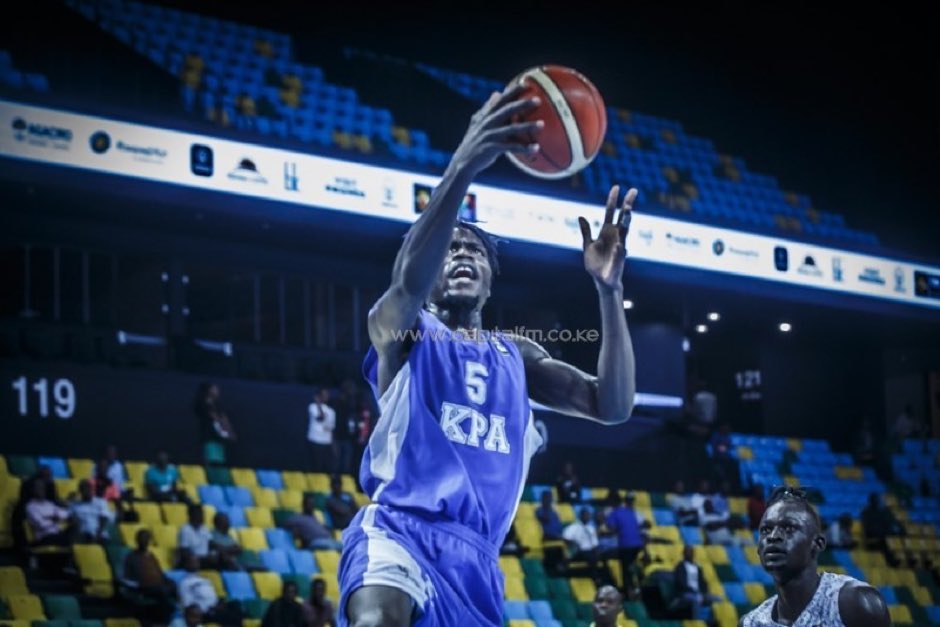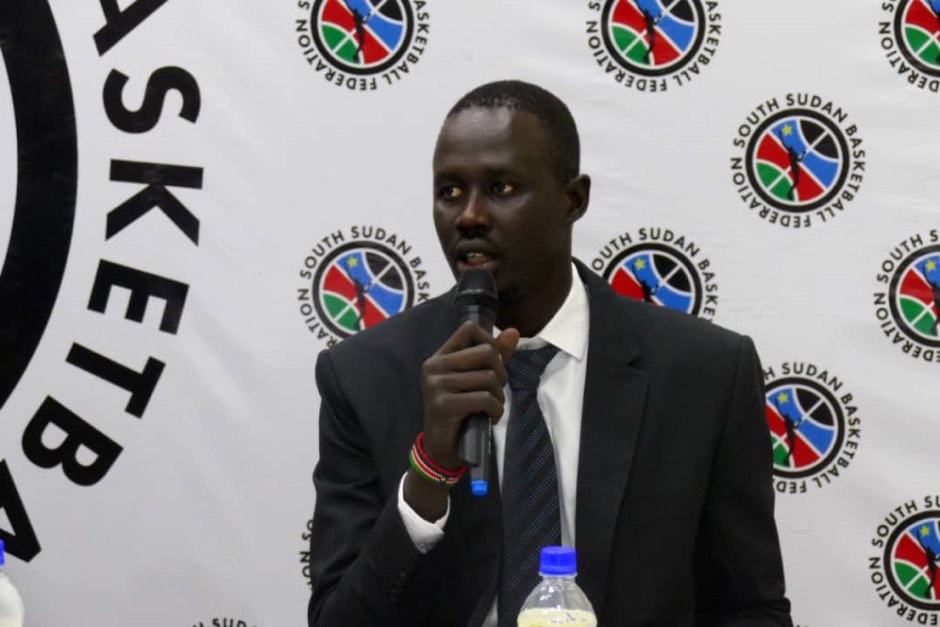Sadly, this isn’t new but a rather sad and acceptable deportment of misguided folks being “downed or keeping it real” — a mantra manifested by the hip hop culture to enhance one’s street credit — the demise of the black community.
Imagine a rapper with a punchline of getting away with thousands of dollars in stolen goods. He would be hailed as real and true to the game. We see and hear it all the time in rap and hip hop. The same goes for athletes who have embraced the braggadocios attitude of the rap game. I bet nothing would get the locker room going better than an athlete bragging about such an infraction to his peers.
Why would anyone in college be willing to throw away a future worth potentially millions of dollars in earnings as the three UCLA basketball players just risked? This isn’t about being young and stupid. It’s about mimicking and embracing the street culture that is now wrongly associated with the black male identity— the need to be down, a falsified persona of living the good life, the celebration of thug culture…
What Happened in China?
UCLA Bruins players LiAngelo Ball, Cody Riley and Jalen Hill were arrested for allegedly shoplifting Louis Vuitton sunglasses while in China a few days before their team was set to play Georgia Tech in a Pac-12 overseas game. While shoplifting a pair of sunglasses may not seem like a big deal, news reports indicate that the trio could face charges of grand larceny, and if convicted, could face three to five years in prison. How’s that for street cred, boys?
The Thug Culture in Sports
Ball, Riley, and Hill join a long list of athletes who have given basketball and other sports a bad name due to their actions. This isn’t new. The NBA implemented a mandatory dress code in 2005. At the time, Phil Jackson, coach of the LA Lakers, told ESPN, [perfectpullquote align=”full” cite=”” link=”” color=”” class=”” size=””]“The players have been dressing in prison garb the last five or six years. All the stuff that goes on, it’s like gangster, thuggery stuff. It’s time. It’s been time to do that. “[/perfectpullquote]
It’s not just about clothing. Bloggers and columnists have been complaining about black thug culture ruining the NBA and the NFL for years — and that was after at least a decade of bad behavior. Examples of thuggery include brawls like the infamous malice in the palace affair, sexual assault and rape, road rage, drug possession, dog-fighting, weapons possession, choking, yes, literally choking, the head coach, murder… The list goes on with serious offenses that make lifting designer sunglasses seem like child’s play.
However mild the UCLA case may be in comparison, it’s the thug culture that’s of concern here — not just for sports, but for young black men as a whole.
A community editorial in the Washington Times a few years ago noted that “…we are now seeing the grandchildren of hip-hop turn into adults. These are kids who grew up on calling their women bitches and hoes; calling each other niggazs; and promoting thug life and prison culture.” The author went on to explain the message as follows: get rich or die trying; and if you are going to die, take as many people as you can with you.
An article on City-Journal.org, How Hip-Hop Holds Blacks Back, discusses the glamorization of the ghetto. “Seeing a privileged star like Sean Combs behave like a street thug tells those kids that there’s nothing more authentic than ghetto pathology, even when you’ve got wealth beyond imagining.”
Another article, How Hip Hop Destroys the Potential of Black Youth, talks about materialism within the hip-hop community, noting that it “promotes the accumulation of gaudy symbols of success and to get them fast.” This bling illustrates their worthiness to the opposite sex and becomes a “means for winning sexual conquests.” Likewise, many bright black students who don’t embrace the thug life risk be ostracized for “acting white” or not “keeping it real.”
It’s bad enough that these messages have been bombarding black youth through music, an outlet of creative expression that has helped countless people to escape their troubles, find comfort, and feel better about themselves; as if that weren’t enough, hip-hop culture began to infiltrate another place of refuge — sports — in the late 1990s and early 2000s. Beloved black role models like Magic Johnson and Michael Jordan were replaced by the likes of Dennis Rodman, Ron Artest, Latrell Sprewell and other athletes who “keep it real” through trash talk, brutish hijinks, sexual conquests and assault, and violent behavior. These supposed role models are living the supposed good life, glamorizing the ghetto, perpetuating dangerous stereotypes, and making it harder for black youth to better themselves.
The braggadocios attitude of the rap game is alive and well in sports as we just saw with the three UCLA Bruins players. The fear of getting caught isn’t necessarily a deterrent. If they get away with it, they have something to brag about. If they serve time, it only adds to their street credit.
Featured Photo: (l. to r.) Jalen Hill, Cody Riley and LiAngelo Ball. (AP)
















